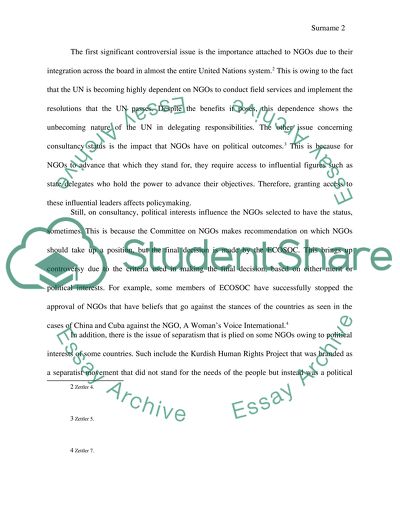Cite this document
(“Controversial Issues in the NGO Committee Research Paper”, n.d.)
Controversial Issues in the NGO Committee Research Paper. Retrieved from https://studentshare.org/history/1454213-controversial-issues-in-the-ngo-committee
Controversial Issues in the NGO Committee Research Paper. Retrieved from https://studentshare.org/history/1454213-controversial-issues-in-the-ngo-committee
(Controversial Issues in the NGO Committee Research Paper)
Controversial Issues in the NGO Committee Research Paper. https://studentshare.org/history/1454213-controversial-issues-in-the-ngo-committee.
Controversial Issues in the NGO Committee Research Paper. https://studentshare.org/history/1454213-controversial-issues-in-the-ngo-committee.
“Controversial Issues in the NGO Committee Research Paper”, n.d. https://studentshare.org/history/1454213-controversial-issues-in-the-ngo-committee.


